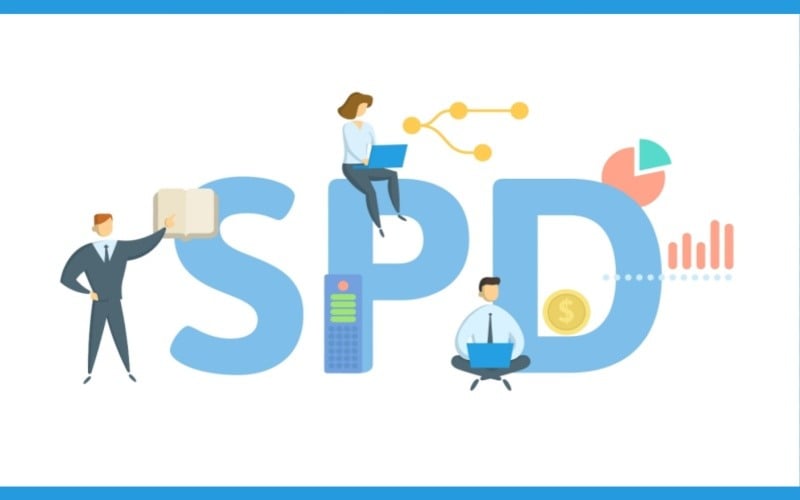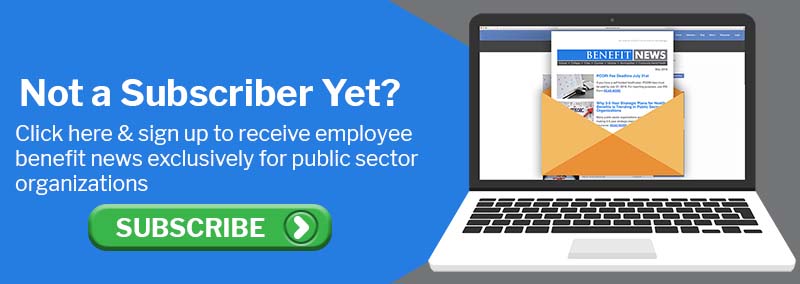3 minute read
Participants in a health benefit plan under Employee Retirement Income Security Act (ERISA) must receive a summary of the plan, called a Summary Plan Description (SPD). Many employers are unclear about this requirement, which can put them at risk for legal penalties. Non-compliance can result in daily fines if the SPD isn't provided within 30 days of a request.
Here are some questions and answers regarding common misunderstandings related to complying with the SPD requirement and how employers can avoid penalties and legal risks.
1. Isn’t the information distributed by carriers considered SPD?
ERISA mandates that employers sponsoring group health plans must provide SPDs that fully detail the plan and meet federal requirements, which are often not covered in standard benefit summaries or insurance certificates. Without these, employers risk non-compliance and potential penalties.
2. Can the SPD just be made available upon request?
The SPD must be distributed to all participants in a way that ensures they receive it. Acceptable delivery methods include hand delivery at worksites, inclusion in employee periodicals, U.S. mail, or electronic media like email or intranet, provided Department of Labor electronic delivery requirements are met.
For electronic delivery under ERISA, administrators must ensure receipt, protect personal information, and provide documents in the required format. Participants must be informed of the document's importance and have the option to request a paper version. Affirmative consent for electronic delivery is generally required. More details are available in DOL Reg. §2520.104b.
3. My company has never distributed an SPD, so why now?
Employers with group health plans must meet ERISA requirements to avoid serious issues like frequent DOL audits and fines up to $110/day for not providing SPDs promptly. Distributing SPDs also helps prevent employee dissatisfaction over benefit coverage.
4. Isn’t the SPD the same as a Plan Document?
All ERISA-covered benefit plans, including health and welfare plans, must have a written Plan Document as required by law. This document, mandated by ERISA and other federal laws, must include specific provisions. Many employers mistakenly believe insurance contracts suffice, but these often lack necessary protections. The Plan Document should be kept on file and provided upon request.
5. Will employers be compliance if they distribute Wrap SPDs to plan participants?
A Wrap SPD integrates existing insurance certificates and benefit plan booklets to meet ERISA requirements. These documents must be given to plan participants, but not necessarily at the same time, as long as they receive all current information.
6. Does a new SPD have to distributed if there is a change to the benefit plan?
ERISA mandates that plan administrators inform participants of significant plan changes by either updating the SPD or creating a Summary of Material Modifications (SMM). Key timelines for distributing an updated SPD or SMM include providing 60 days' notice before any material modification under the Affordable Care Act, notifying participants within 60 days of changes due to insurance contract renewals that reduce benefits, and informing participants within 210 days after the plan year ends if other rules don't apply. Prompt notification is always recommended.
Download the bulletin for more details.
Links and Resources
Reporting and Disclosure Guide for Employee Benefit Plans, a Department of Labor (DOL) publication
DOL final SPD regulations from 11/21/00
ERISA Section 102 and DOL Reg. §§ 2520.102-1 through 2520.102-4 - SPD Requirements

